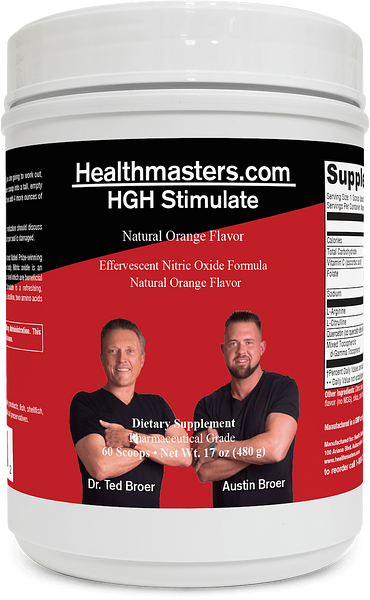Unleash Your True Potential with HGH Stimulate! 🚀💪
Are you ready to supercharge your performance, unlock more energy, and boost your vitality? Welcome to the next level of health with HGH Stimulate – the groundbreaking supplement that is transforming lives by harnessing the power of nitric oxide. Based on Nobel Prize-winning research, this isn’t just another supplement – it’s your ticket to peak performance, energy, and enhanced health. 🌟
Why HGH Stimulate is a Game-Changer:
💥 Boosts Blood Flow & Oxygen Delivery – With powerful ingredients like L-arginine and L-citrulline, HGH Stimulate helps your body naturally produce more nitric oxide, which optimizes circulation and ensures your cells receive faster nutrient delivery. Feel the difference as blood, oxygen, and nutrients flow where you need them most! 💪💨
🔥 Elevate Your Energy – Say goodbye to sluggishness! Experience the rush of sustained energy throughout the day with improved blood circulation and enhanced immune function. Get ready to take on your day with power, focus, and clarity. ⚡🌱
🧠 Supports Brain & Mood – HGH Stimulate doesn’t just fuel your body – it also boosts mental clarity, mood, and memory. By supporting blood flow to the brain, you’ll feel sharper, more focused, and in control of your thoughts. 🧠✨
💪 Boost Performance & Lower Body Fat – Experience improved athletic performance and reduced cellulite as HGH Stimulate works to optimize blood flow and metabolism. It’s not just about looking great—it’s about feeling great too! 🔥💃
🩸 Powerful Natural Ingredients – With L-arginine, L-citrulline, quercetin, and vitamins C & E, HGH Stimulate delivers a synergistic formula that helps reduce oxidative stress, promote healthy inflammation, and support cardiovascular health. 💓
Get Ready to Transform Your Life with HGH Stimulate! This effervescent powder is more than just a supplement—it’s your secret weapon for optimal performance, a healthy body, and a sharper mind. 💥
Don’t wait for tomorrow to feel great. Take control today with HGH Stimulate and experience the ultimate boost in performance, energy, and vitality! 🏅🌟


.jpeg)

.jpeg)

.jpeg)